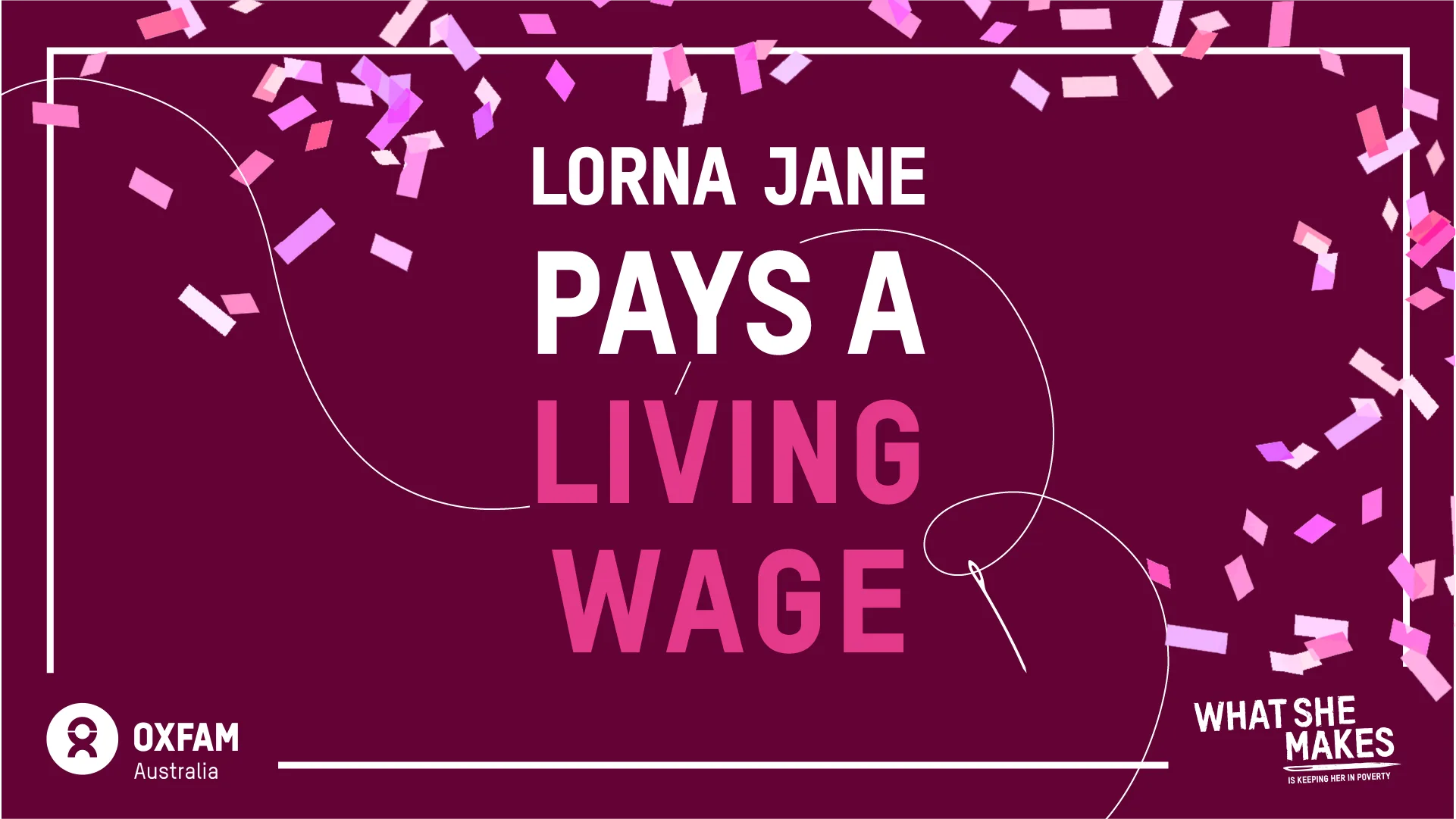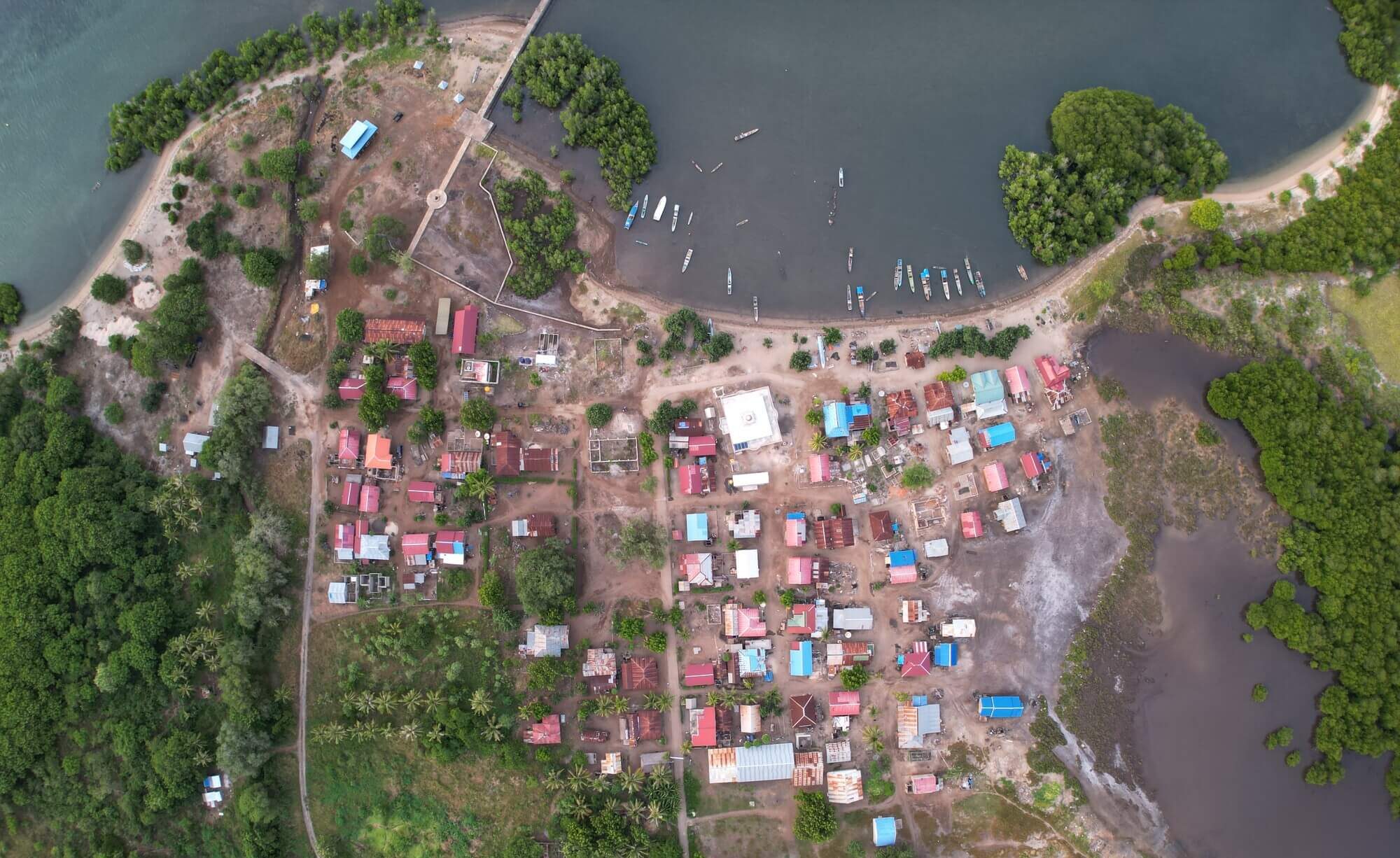By Indigenous Rights Campaign Lead, Tom Widdup
Over recent years there have been some really positive developments on Aboriginal and Torres Strait Islander rights and justice within Australia: the 2008 Apology to the Stolen Generations, a generally strong and coordinated state and federal government response to help end our Indigenous health crisis, and the Federal Government’s work in more recent times on the issue of Constitutional Recognition.
However more recently, areas of significant concern to Indigenous Peoples appear to be deprioritised again. In some areas progres has gone backwards, such as the Turnbull Government’s continuing refusal to fund the National Congress of Australia’s First Peoples.
Despite this, there are still reasons to be optimistic that Aboriginal and Torres Strait Islander Peoples’ rights will return as a priority for Australian governments. This is not due to any apparent appetite for improving Indigenous rights within the returned Turnbull Government (at least, not at this stage) but rather because the playing field for governments has changed.
There is the obvious, of course — the current Government’s reduced majority in the lower house, and the breadth of independents and minor parties that make up the Senate. Both mean that the Government will increasingly need to be open to other’s voices, and to accommodate their views.
However, it was the recent release of the historic Redfern Statement during the election campaign, and the strong response it yielded from civil society, which has lifted the hopes of many people — myself included.
In the year or two leading up to the election campaign, my sense of the overall mood of those working to improve Aboriginal and Torres Strait Islander rights was that progress had stalled. Despite some great early successes in “closing the gap” (including in some areas of Indigenous health), the feeling was that we were at risk of losing these gains and that Australia was drifting backwards on a range of Indigenous issues, including; health, housing, incarceration, education and employment.
This feeling is understandable.
Over the last 25 years, we’ve had a Royal Commission into Aboriginal deaths in custody, as well as the tabling of numerous reports like Bringing Them Home. But their combined 400-plus recommendations have largely languished, being only partially implemented, or in the case of many, ignored altogether.
I wouldn’t be surprised if many Australians were asking themselves: is government returning to its old ways of mandating decisions and programming relating to Australia’s First Peoples with little or no consultation? (As opposed to building genuine partnerships with Aboriginal and Torres Strait Islander Peoples; and giving them control over the decisions that affect their communities.)
But the Redfern Statement seems to be shifting this mood.
By articulating the importance of Aboriginal and Torres Strait Islander Peoples’ self-determination as central to closing the gap on social outcomes, and because of the tremendously positive reception it received, the statement has reignited a sense that change is possible.
This, together with a greater connection and more concerted push coming form Indigenous leaders and communities, as well as increasingly unified support from non-Indigenous Australians — means that, in future, the government won’t be able to say it wasn’t warned that more action is needed.
With the release of the Redfern Statement in June 2016, National Congress of Australia’s First Peoples Co-Chair, Jackie Huggins, was reported as saying: “Ignore us at your peril, because we vote too”.
This government should hold this warning clearly in it’s mind as it settles in for the next three years before we go to the polls again in 2019. Because this election was almost unprecedented: in my lifetime at least.
Unprecedented in the sense that it was the first time I’d seen such broad and unified civil society support for resetting our approach to Aboriginal and Torres Strait Islander affairs, with a huge number of Indigenous and non-Indigenous organisations setting aside their own priorities through the election campaign to instead come together and send a clear message to our incoming government.
And their message was this. Our First Peoples still experience unacceptable levels of disadvantage. They continue to be isolated at the margins of the national debate. Policies relating to them continue to be made for and to, and not with, them. But perhaps most importantly, that transformation of this situation is possible if the incoming Government uses this election as an opportunity to reset its relationship with Australia’s First Peoples.
However, given the Turnbull Government’s response to date, it is clear that the driver for this change must still come from each of us.



